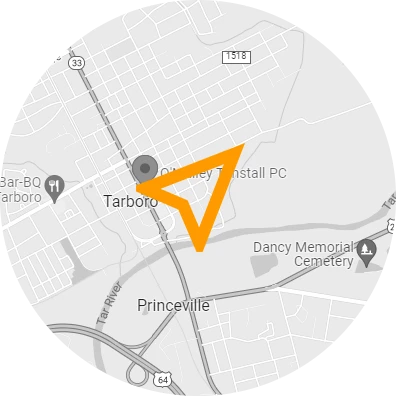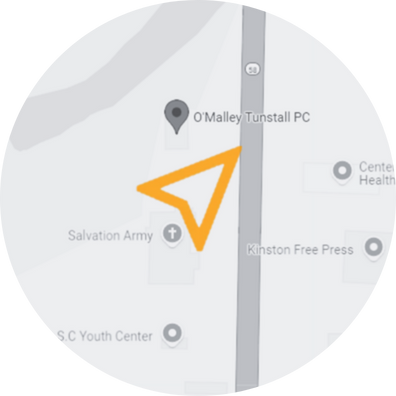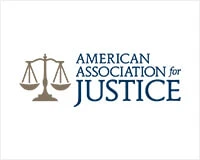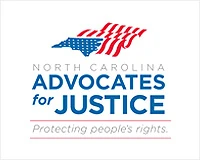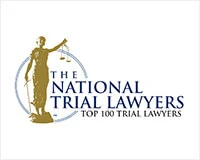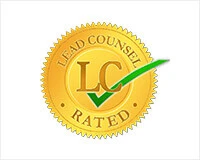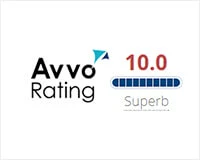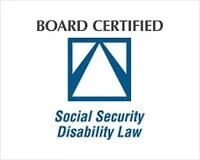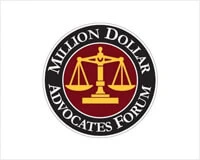What to Do After Your Child is Involved in a Bus Accident
When your child is involved in a school bus accident, it can be a terrifying and overwhelming experience. As a parent, your first priority is ensuring your child’s safety and well-being. However, once the immediate danger has passed, there are critical legal and practical steps to take to protect your child’s rights and pursue compensation if necessary.
Here’s a comprehensive guide on what you should do if your child is involved in a school bus accident in Greensboro, North Carolina.
Ensure Your Child’s Immediate Safety
The safety and health of your child should always come first after a school bus accident. Here’s what you can do:
1. Check for Injuries
If you’re at the scene of the accident or have been notified about it, ensure that your child receives immediate medical attention. Even if your child appears unharmed, some injuries—such as concussions or internal injuries—may not be immediately apparent. A thorough medical examination is essential.
2. Follow Emergency Protocols
In most cases, school personnel or emergency responders will be at the scene of the accident. Trust these professionals to assess the situation and provide initial care, but stay involved and informed about your child’s condition and whereabouts.
Gather Information About the Accident
Once you’ve ensured your child is safe, begin collecting information about the accident. This will be crucial if you decide to pursue legal action.
1. Speak with Authorities
Police officers and other officials will typically respond to the scene of a school bus accident. Request a copy of the police report, which will contain key details about the incident, including:
- The cause of the accident.
- Statements from the bus driver, other drivers, and witnesses.
- Any traffic violations or citations issued.
2. Document the Scene
If you’re present at the accident scene, take photos or videos of the bus, other involved vehicles, road conditions, and any visible injuries your child may have sustained. If you’re not at the scene, consider asking another parent or witness to document the accident for you.
3. Obtain Contact Information
Gather contact details for the bus driver, school representatives, other drivers involved, and any witnesses. This information may be helpful during the claims process or if the case goes to court.
Seek Medical Attention and Keep Records
Even if your child doesn’t appear to be seriously injured, it’s critical to have them evaluated by a medical professional as soon as possible. Here’s why this step is so important:
1. Ensure Your Child’s Health
Accidents can cause delayed-onset injuries, such as whiplash, traumatic brain injuries, or emotional trauma. A prompt medical evaluation ensures these issues are identified and treated early.
2. Create Medical Documentation
Medical records serve as key evidence in any personal injury claim. They provide proof of the injuries your child sustained, the treatments they required, and any ongoing or future medical needs. Be sure to keep all bills, receipts, and notes from doctors.
Notify the School and School District
In Greensboro, most school buses are operated by the school district, making the school a central point of contact after an accident.
1. Contact the School Administration
Notify your child’s school about the accident and ask for any information they have. Schools may have their own incident reports or witness statements that could support your claim.
2. Understand School Bus Liability
North Carolina law holds school districts and their employees to a high standard of care when transporting students. If the bus driver or the school district’s negligence caused the accident, they might be held liable. Potential causes of negligence include:
- Driver error (e.g., speeding, distracted driving, or fatigue).
- Poor maintenance of the bus.
- Failure to follow safety protocols.
It’s important to understand that pursuing a claim against a public school district involves additional legal steps due to government immunity laws, which protect public entities in certain situations.
Determine Liability in the Accident
Liability in a school bus accident isn’t always straightforward. Multiple parties may share responsibility, depending on the circumstances.
1. The School District or Bus Driver
If the school bus driver was negligent—such as by failing to obey traffic laws—the school district may be held responsible since they employ the driver.
2. Another Driver
If another vehicle caused the accident, the driver or their insurance company may be held liable for damages.
3. Third Parties
Other potential at-fault parties might include the bus manufacturer (if the accident resulted from a defect) or a maintenance company (if the bus was improperly serviced).
Determining liability is crucial for pursuing compensation, and an experienced attorney can help investigate the accident and identify all responsible parties.
File a Claim for Compensation
If your child was injured in a school bus accident, you may be entitled to compensation for various damages, including:
- Medical Expenses: Current and future medical bills related to the injury.
- Pain and Suffering: Compensation for the physical and emotional distress your child experienced.
- Lost Wages: If you had to miss work to care for your child, you might be eligible for reimbursement.
- Future Needs: If your child’s injuries result in long-term medical or educational needs, these costs can be included in your claim.
To file a claim, you will need to work with the at-fault party’s insurance company or file a lawsuit if a fair settlement cannot be reached.
Consider Legal Representation
School bus accident cases often involve complex legal issues, including government immunity, shared liability, and disputes with insurance companies. Hiring an experienced personal injury attorney ensures your case is handled properly and that your child’s rights are protected.
1. Navigating Government Immunity
If the school district or another government entity is involved, you’ll need to follow specific procedures to file a claim under the North Carolina Tort Claims Act. These procedures include strict deadlines and additional requirements, which an attorney can help you meet.
2. Negotiating with Insurance Companies
Insurance companies may try to minimize your claim or deny liability. An attorney can handle negotiations and advocate for fair compensation on your behalf.
3. Building a Strong Case
An attorney can investigate the accident, gather evidence, and consult with experts to strengthen your case and maximize your compensation.
Preventing Future Accidents
While accidents can’t always be avoided, you can advocate for safer school bus practices to help protect children in Greensboro:
- Attend School Board Meetings: Voice concerns about bus safety and push for measures like enhanced driver training and better maintenance practices.
- Educate Your Child: Teach your child bus safety rules, such as staying seated, using seatbelts if available, and following the driver’s instructions.
- Support Community Efforts: Join local initiatives that promote traffic safety around schools and bus routes.
Protecting Your Child’s Rights After a School Bus Accident
If your child is involved in a school bus accident in Greensboro, the steps you take immediately afterward can make a significant difference in their recovery and your ability to secure compensation. From seeking medical care to navigating liability and government immunity laws, the process can feel overwhelming—but you don’t have to handle it alone.
At O’Malley Tunstall PC, we understand the unique challenges families face in the aftermath of school bus accidents. Our experienced attorneys are here to guide you every step of the way, ensuring your child’s rights are protected and that you receive the compensation you deserve. Contact us today for a consultation, and let us help you through this difficult time.



